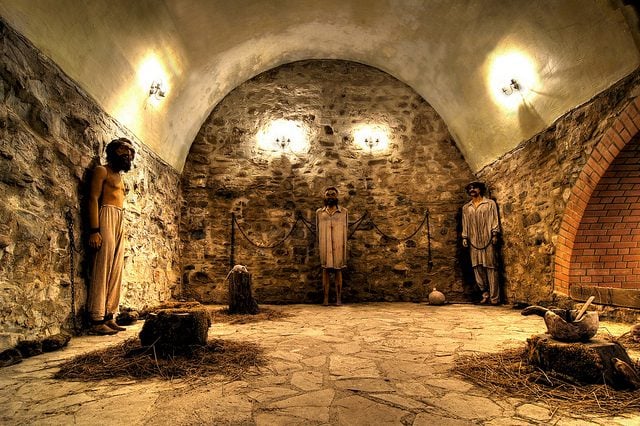Some wounds do not heal.
When I was a journalist, I remember sitting with the mother whose son’s remains had only recently returned from the war in Iraq. I listened to her grieve as she told the story of how her son unexpectedly came to join the military, how she feared for him, how she found out about his fate.
I listened to her weep.
Later, I listened to her recount her family’s bittersweet meeting with then-President George W. Bush and watched her smile as she accepted a posthumous diploma on her son’s behalf.
At the time, I described her experience of her son’s death as a pain that had become as common as breathing, as if every breath was laced with broken glass.
One evening, I drank beer with her as we sat in a swing in front of her house, objectivity be damned.
She told me the same stories she had already told me.
I just listened, because some wounds don’t heal.
Months later, this mother sat in a ditch in Texas and demanded to speak with the president, this time on her terms. She became the Peace Mom under the glare of klieg lights and cameras. She became an anti-war hero, vilified and deified depending on your political slant. About that time, I got an e-mail from Andrew Breitbart and from the producer of the Bill O’Reilly show asking me for more information on the story I wrote on her. These folk used my story to smear her and to call her a liar and a flip-flopper. They wanted me to talk on the record.
I refused because when I saw Cindy Sheehan on television I still saw the mother grieving her son.
I refused, because I knew some wounds don’t heal.
The loss of a child is a wound I cannot imagine ever fully heals. Victims of abuse, of war and of terror all bear wounds that I cannot imagine ever fully heal. Truth be told, we all have wounds that won’t heal. Some we have created fancy names for like depression, post-traumatic stress disorder or other mental suffering. Others have a physical diagnosis like HIV, cancer, lupus.
We all have wounds that will not heal.
In this week’s resurrection story in Luke, the disciples are seen touching and marveling at Jesus’ wounds just as Thomas did last week in John. Did they expect them to be healed? Or is it only by his wounds that they can recognize him at first?
Whatever the case, these wounds are not scars, faded blemishes where the skin has closed and only distant memories of cuts and skinned knees remain. Rather they are open wounds. Holes in each hand, each foot where nails of oppression, terror and state-sanctioned murder pierced him. A open, ragged gash where a spear tore into his abdomen, his vital organs.
The crucifixion does not heal. The wounds from the cross do not heal. They remain open, forever and always.
The resurrected body of Christ remains marked by his earthly suffering. Eternally.
But, the wounds no longer bleed, either. When Jesus touches his friends, he does not leave bloody handprints on their cheeks, nor do crimson footprints mark his trail in the Palestinian sand. When he ascends, blood does not pour down on the upturned faces of his friends watching him disappear.
This is the promise of the resurrection — not that we will no longer be wounded. No, we will always be wounded. Between hunger and poverty, war and terror, abuse and hate, our world will make sure that none of us escape unscathed without wounds that do not heal.
But as people of the resurrection, our promise is that our wounds will not always and forever bleed us of our lives, our vitality. The promise of the resurrection is not the assurance of a life without wounds but a life in which our wounds, even if they define us as they do Jesus, do not bleed us. The promise of the resurrection is that, eventually, after the bleeding stops, our wounds, while they won’t ever heal, might just begin to heal others.
__________________
For more information on the relationship between wounds and healing, check out Greek mythology, Carl Jung, Henri Nouwen and Dr. Gregory House.











